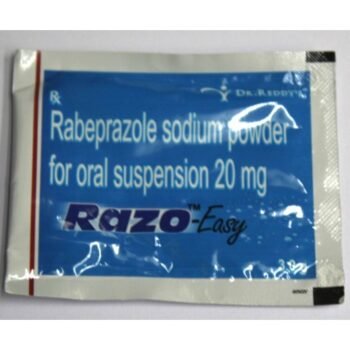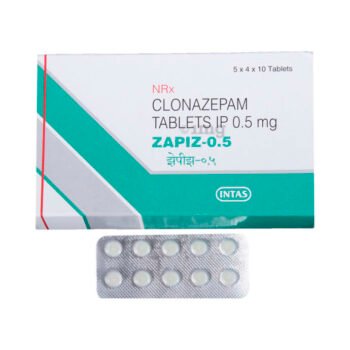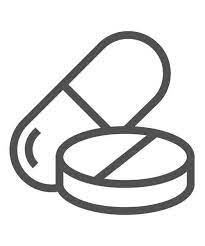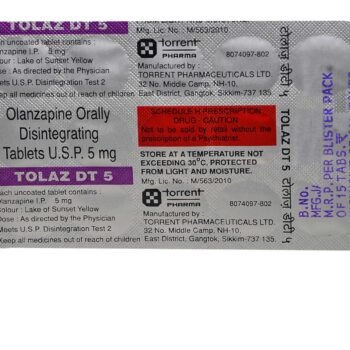INTRODUCTION
Defcort Oral Suspension belongs to a group of medicines known as corticosteroids. Its anti-inflammatory and immunosuppressive properties give it the ability to treat a wide range of conditions in children. It is also one of the primary medicines used for Duchenne muscular dystrophy in infants and children.
Give Defcort Oral Suspension to your child orally, either before or after food. Giving it with food helps prevent the risk of developing a stomach upset. Always give the dose as prescribed by the doctor since that depends on the severity and type of infection, body weight, and age of your child. If your child gains or loses weight during treatment, make sure to let the doctor know. Never alter the dose by yourself as that may increase the risk of serious implications in your child. If your child vomits within 30 minutes of taking this medicine, help the child calm down and repeat the same dose, but skip it if it is already time for the next dose.
It is important to complete the full course of this medicine as stopping it abruptly may cause serious side effects. To stop this medicine, the doctor will gradually taper down the dose of this medicine to avoid withdrawal symptoms. Defcort Oral Suspension can suppress your child’s immune system, making your child more prone to infections. Your child may need frequent medical checkups and tests. Therefore, it is important to follow up with your child’s doctor frequently during the treatment. The doctor may also advise vision and bone mineral density check for your child as Defcort Oral Suspension can impact both of these.
This medicine may cause side effects like weight gain, increased appetite, upper respiratory tract infection, cough, abnormal hair growth, central obesity, fluid and electrolyte disturbance, and common cold symptoms. Reach out to your child’s doctor if these side effects appear.
Let your child’s doctor know if your child is already taking medicines for any type of infection. Also, narrate your child’s complete medical history, including heart, blood, skin, bone, and hormonal disorders or any prior episodes of allergy, eye disease, birth defects, lung anomaly, liver impairment, and kidney malfunction. This information is critical for dose alterations and in planning your child’s overall treatment.











Reviews
There are no reviews yet.